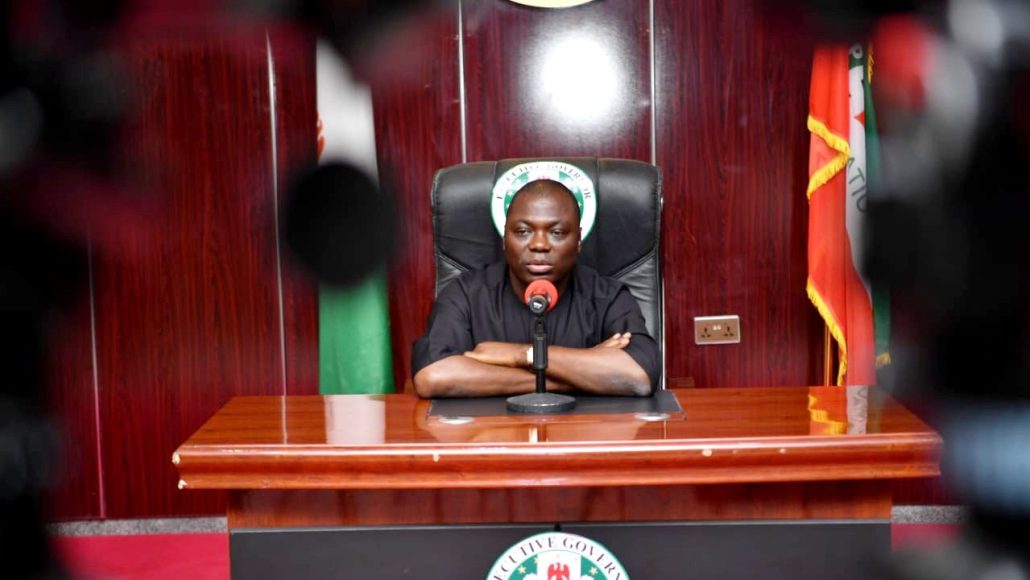The government of Taraba has disclosed its intentions to reintroduce history as a subject into the basic education curriculum within the state’s schools.
Governor Agbu Kefas shared this information during a dinner with journalists in Jalingo on Sunday.
The removal of history from primary and secondary education curricula occurred during the 2009–2010 academic session, as reported by the News Agency of Nigeria (NAN).
Reports state that in November 2022, the Federal Government reinstated history as a stand-alone subject in the basic education curriculum in Nigeria, marking its return after a 13-year absence.
Governor Kefas emphasized that history has a significant connection to the development of any society.
“No society will truly develop without its inhabitants having a good knowledge of their history.
“That is why we will introduce history studies in our primary and secondary schools in the state to lay a solid foundation for accelerated development,” he said.
The governor additionally emphasized that primary school teachers in the state should soon hold first-degree qualifications, while secondary school teachers must possess a minimum of a Master’s degree, aiming to enhance the overall quality of education.
He encouraged journalists to actively oversee the implementation of the state government’s free education policy in primary and secondary schools, ensuring that school administrators adhere to the correct procedures.
While commending journalists for their impartial reporting, Governor Kefas committed to renovating the Press Centre in Jalingo and providing operational vehicles for various groups within the Nigeria Union of Journalists.
In his remarks, Mr. Danjuma Adamu, the immediate past Taraba Commissioner for Information, urged the state government to consider journalists as partners in progress. Hajiya Zainab Jalingo, the state commissioner for information, also advocated for continued collaboration with journalists to better serve the people of the state.



